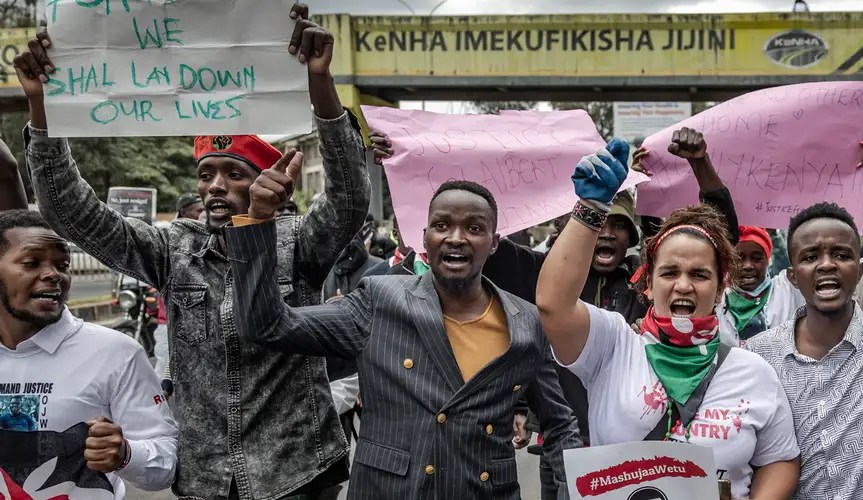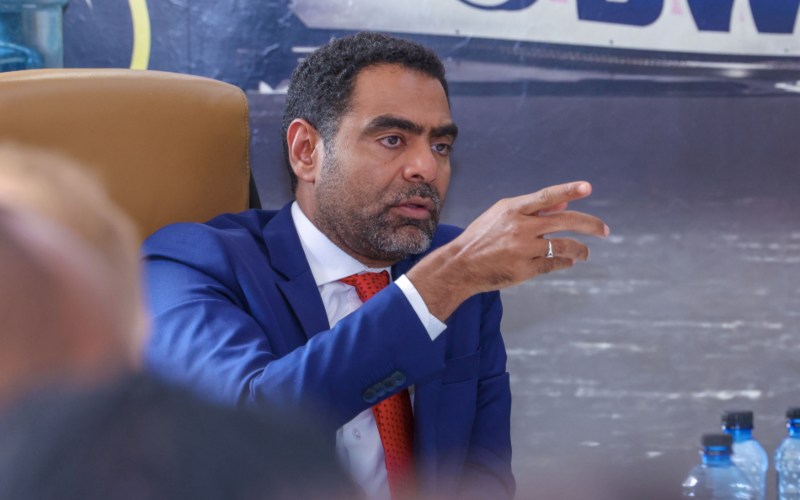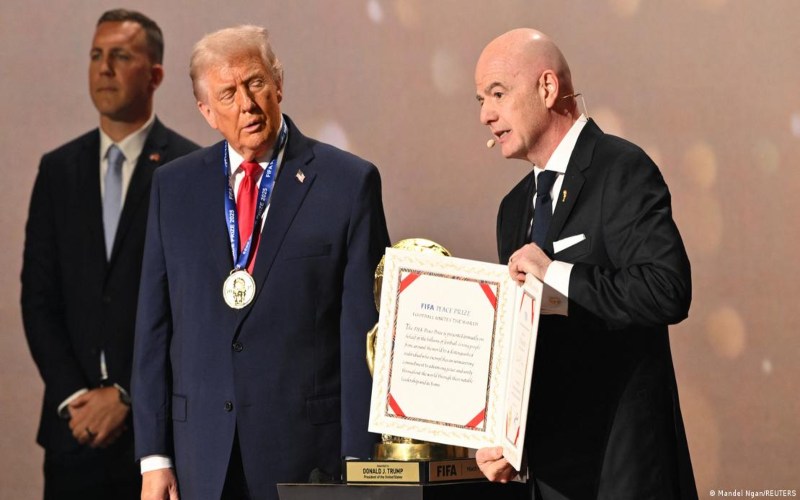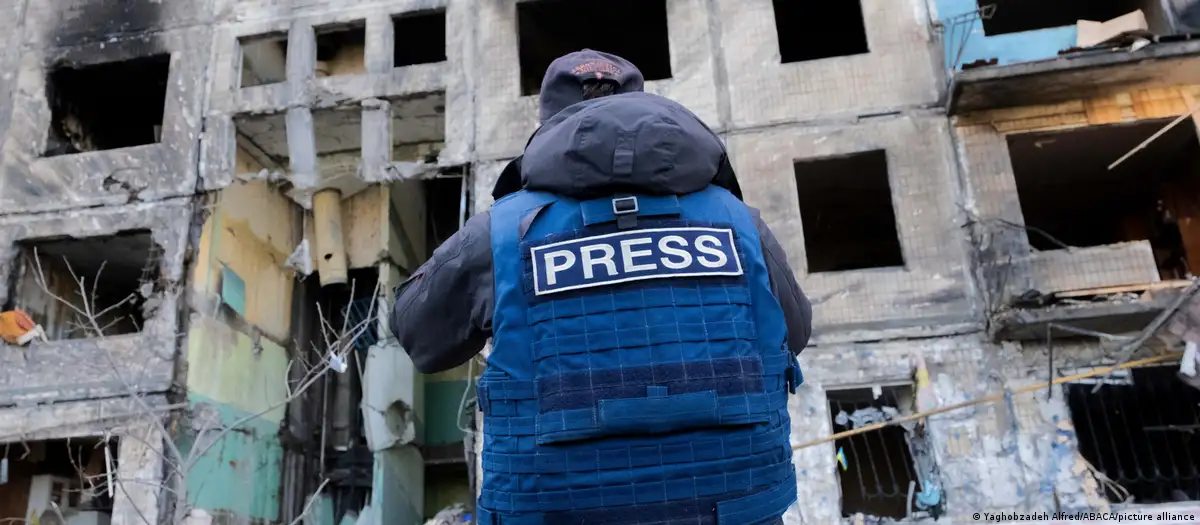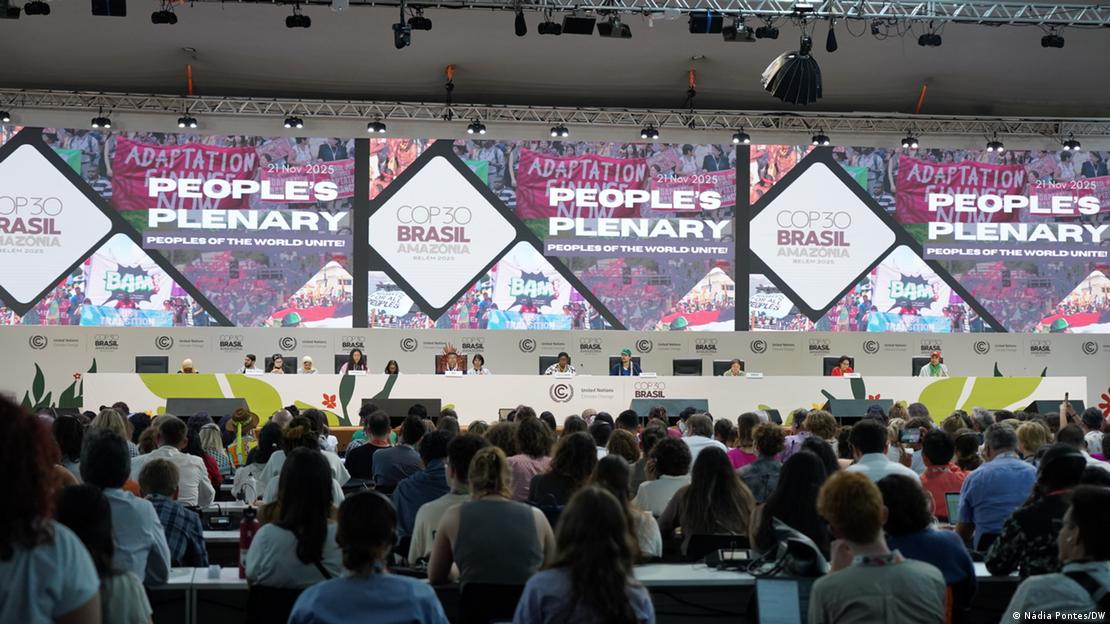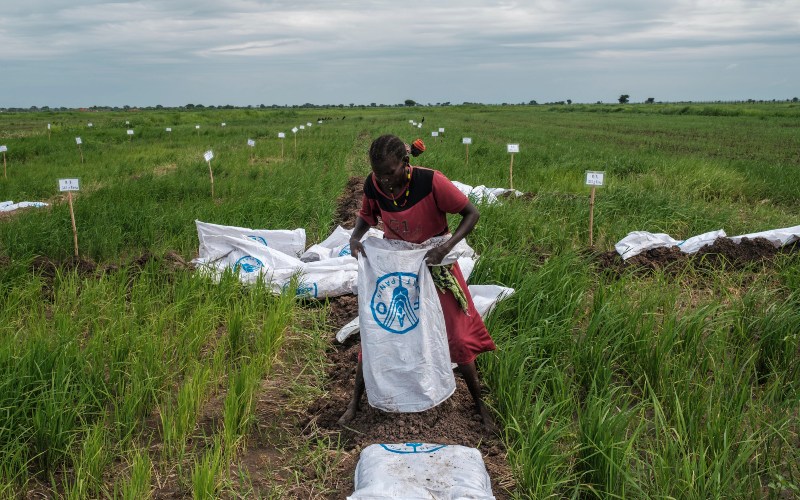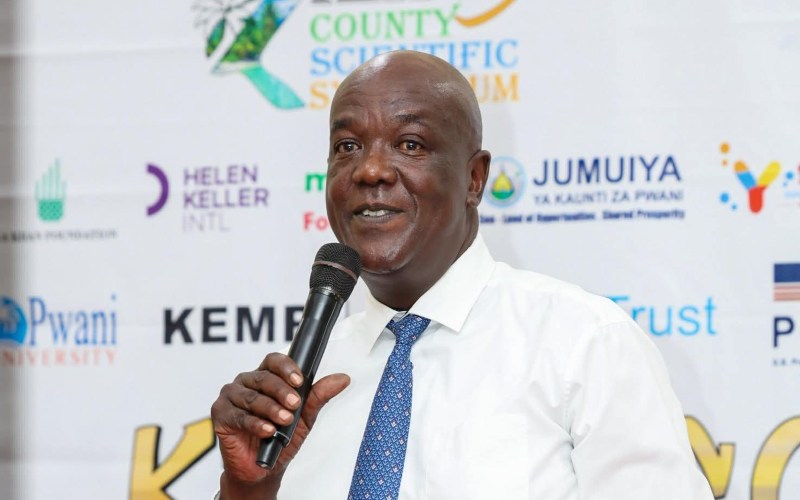Families urged to seek legal redress for extrajudicial killings
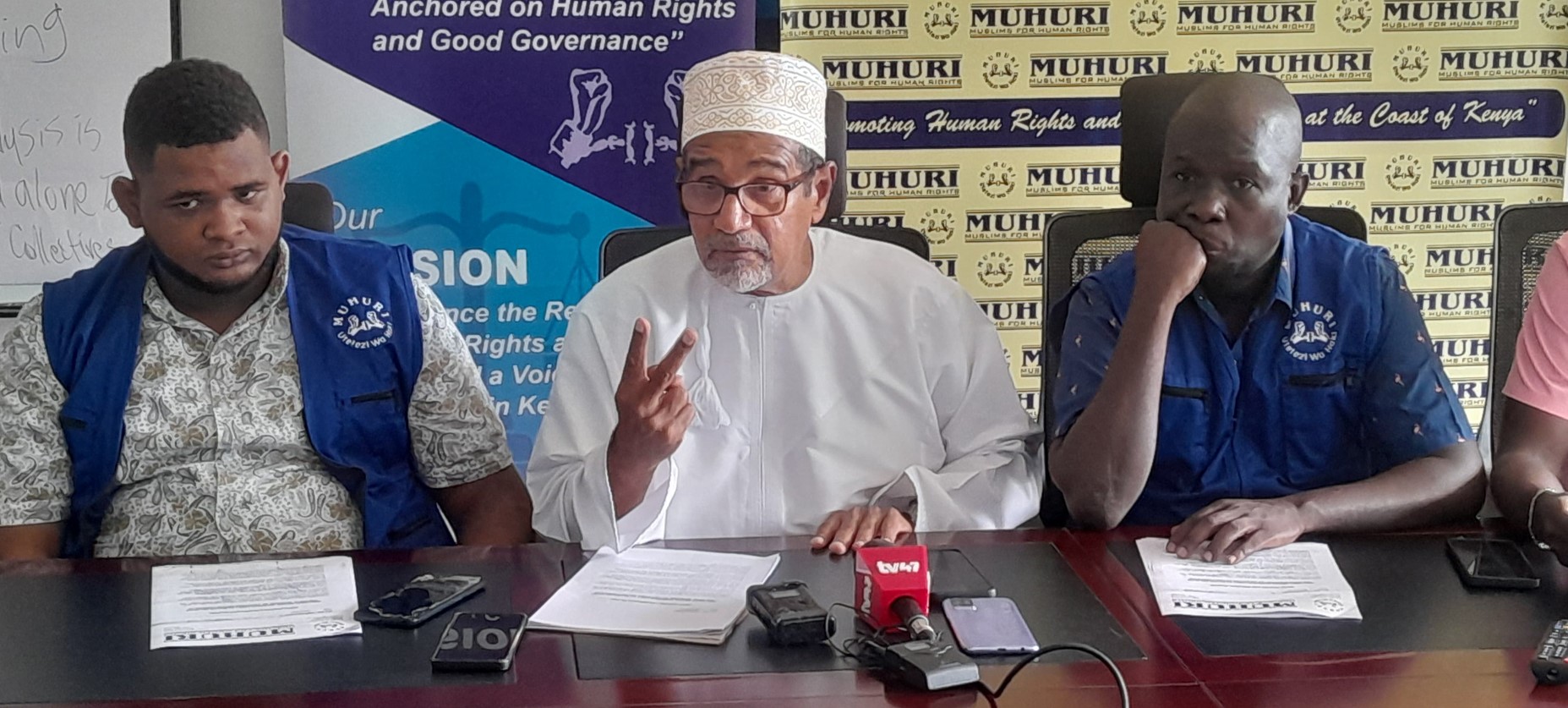
The judgment resulted from legal action taken by Muslims for Human Rights (MUHURI) against the National Police Service, Director of Public Prosecutions, and Attorney General in the public's interest.
Following a recent ruling by the High Court, a human rights advocacy group is urging the families of extrajudicial killing victims to pursue legal action.
The Mombasa High Court found the 2012 killing of Omar Faraj by police in Mombasa to be illegal, awarding his family Sh6.5 million in compensation, marking the first case of compensation for an extrajudicial killing.
More To Read
- Court told Mackenzie 'prophesied 2023 rapture', directed followers to Shakahola
- 73% of Kenyans believe government not doing enough to stop abductions, extra-judicial killings - TIFA Report
- MUHURI files complaint over alleged police assault on rights officer
- MUHURI accuses state of intimidation after Mombasa activists summoned over June 25 protests
- Matiang’i calls for public inquest into extrajudicial killings
- Kenya’s police still kill with impunity – what needs to be done to stop them
The judgment resulted from legal action taken by Muslims for Human Rights (MUHURI) against the National Police Service, Director of Public Prosecutions, and Attorney General in the public's interest.
Expressing satisfaction with the judgment, MUHURI's board member Khelef Khalifa, called on other families of victims of extrajudicial killings to sue.
"The High Court judgment is a milestone in accountability for abuses in Kenya. It is the first time a victim's family has been awarded compensation for killing in counterterrorism, despite 20 years of state murder, enforced disappearances, and renditions. I applaud Justice Sewe's bravery, which is just the first step in holding Kenyan police to account over its contempt for the law,” he said.
He added, “But we must remember, the monetary award does not bring Omar Faraj back to his family, nor does it hold the criminal RRT, NIS, and ATPU officers to account for his murder.”
According to Khelef, the forces have repeatedly shown a preference for spilling blood over using due process, noting the murder of Omar is just one of countless cases of state crime against the Kenyan people.
“MUHURI fully intends to hold the individual officers concerned liable for Faraj's murder, as it seeks to uphold the constitution and rule of law. I trust the Kenyan judiciary will remain as impartial as Justice Sewe has shown it can be,” he said.
MUHURI pursued legal action following a report by British investigative journalist Namir Shabibi. The report exposed that Omar was slain in a nighttime operation conducted by a paramilitary commando unit formed, trained, supplied, and overseen by the CIA, under the guise of 'counterterrorism' activities.
Shabibi's inquiry, as reported by Declassified UK in 2020, unveiled that the Rapid Response Team (RRT), officially under the Recce Company but practically overseen by the CIA, mistakenly killed Omar. The RRT, originally targeting Fuad Abubakar Manswab, was directed to Omar's residence in Mombasa on October 28, 2012, by an informant collaborating with Kenya's NIS.
Rahma Ali, the wife of Omar, remembered witnessing RRT commandos shooting her husband as he tried to escape by climbing a garden wall. He fell onto her, bleeding from a gunshot to the head, while she, covered in his blood, pretended to be dead out of fear of being killed by the commandos. The CIA had provided the RRT with M4 carbines, the weapons used to kill Omar.
“The Kenyan government never acknowledged its role in Omar's killing, instead claiming that security forces killed "terrorists'' after being fired upon. It was similarly unabashed about the fate of Titus Nabiswa, the informant who wrongly led the commandos to Omar's house that night. Nabiswa's body was later found dumped, killed by a gunshot wound to the head in an apparent summary execution by Kenyan police. Both Kenya's NIS and ATPU were also present in the operation that killed Omar,” MUHURI stated.
The court deemed the 2012 killing of a civilian by a CIA-backed Recce Company squad as "unwarranted, unjustifiable, and unlawful."
"I am convinced that the shooting of the deceased, Omar Faraj, was unwarranted", Justice Olga Sewe said in her judgment. She described the night raid by the Recce paramilitary team to be an "unjustifiable and unlawful invasion of their home... without any reasonable or probable cause for suspicion of any offence committed by Omar Faraj and his wife."
Justice Sewe noted in her judgment that the NPS did not contest the facts of the raid in the early hours of October 28, 2012, as established by MUHURI and Declassified UK's investigations.
She added that the NPS, DPP and AG failed to provide a factual response to the petitioners' supporting affidavits. After MUHURI stated its case, the evidential burden shifted to the police to demonstrate that the shooting was warranted, but "not a whiff of explanation was forthcoming, Sewe observed.
Top Stories Today
